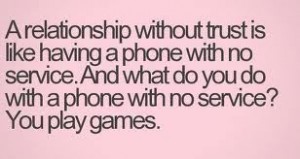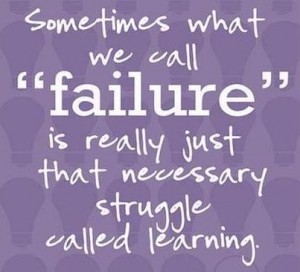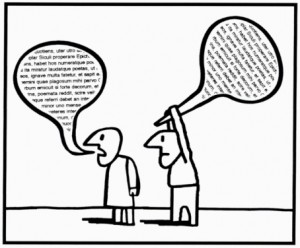 This statistic stopped me cold: 60% of the participants in a 2009 international study trusted a stranger more than they trusted their boss. Yikes, how sad.
This statistic stopped me cold: 60% of the participants in a 2009 international study trusted a stranger more than they trusted their boss. Yikes, how sad.
In doing a quick mental tally of bosses I’ve had, unfortunately this figure didn’t seem too far off. Many of those bosses didn’t grasp that in times of rapid change and uncertainty (which is the new normal for business) people turn to relationships and those whom they trust.
“The truth is that trust rules,” writes Pamela S. Shockley-Zalabak in Building High-trust Organizations. ”Trust rules your personal credibility. Trust rules your ability to get things done. Trust rules your team’s cohesiveness. Trust rules your organization’s innovativeness and performance. Trust rules your brand image. Trust rules just about everything you do.”
The handful of bosses from my past who “got it” about building personal trust had mastered these five elements:
1) They were transparent communicators. They came, listened and spoke without hidden agendas or ulterior motives. They avoided making bite-you-in-the-butt-later remarks like “This is the last time we’ll have layoffs” or “This is the toughest decision I’ve ever had to make.”
2) They practiced consistent consistency. There were no say-do gaps because they did what they said they were going to do. They didn’t hesitate to advise their team members of their shortcomings and were extremely tactfully in doing so. Problems weren’t glossed over and/or ignored; they were resolved.
3) They defined clear roles, responsibilities and expectations. They made it clear what they expected you to do. You knew ahead of time how your performance would be measured. And they trusted you to take care of your job.
4) They gave everyone and everything equal consideration. These men and women lived out fairness and justice in how they allocated outcomes, dealt with processes and handled interpersonal treatment. There were no favorites or overblown platitudes like “This is the best work I’ve ever seen” or “You’re just the greatest.” They were open to alternate points of view, practiced diversity, and created inclusion.
5) They were character role models. Research tells us that perceptions of a leader’s characteristics, things like integrity, credibility and fairness, shape how employees will behave in the workplace. “…individuals who feel that their leader has, or will, demonstrate care and consideration will reciprocate this sentiment in the form of desired behaviors,” writes professor K.T. Dirks. They balanced selfish and selfless acts. Everyone had equal access, whether they had power or not. They did good and were good.
“Trust is the glue of life. It’s the most essential ingredient in effective communication. It’s the foundational principle that holds all relationships.” ~Stephen R. Covey









